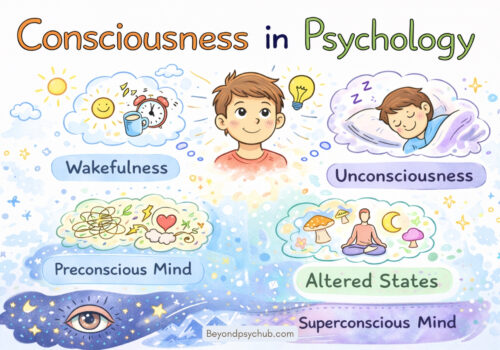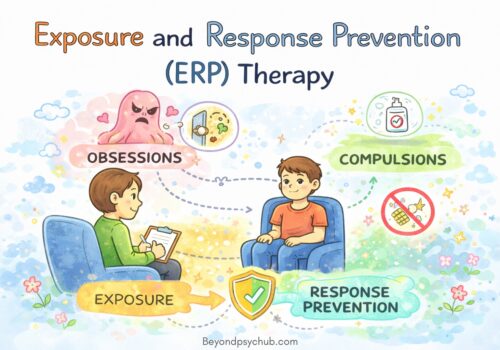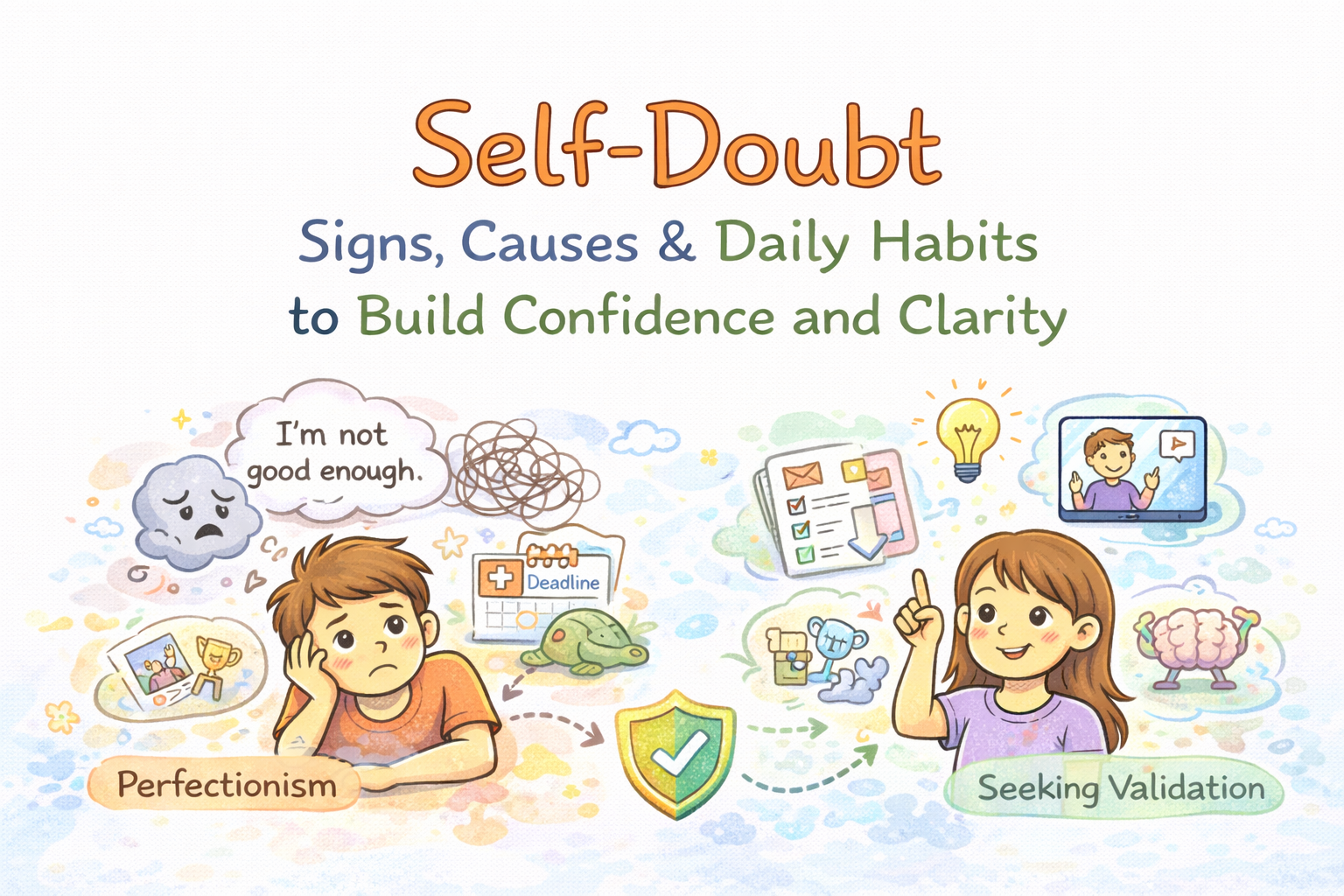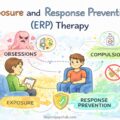A truly fulfilling life is built upon the foundation of strong relationships. They enrich the world we live in and offer support during times of vulnerability. Whether with friends, romantic partners, family, or other acquaintances, robust relationships are paramount. Healthy relationships give our lives meaning by fostering an environment where we feel loved, supported, and genuinely accepted for who we are, as unique individuals. The core components of a healthy relationship are the elements that contribute most positively and effectively to the dynamic between two people.
Being in a relationship or being with someone is an emotional roller coaster; sometimes, you feel enthusiastic, joyful, and at the peak of your vitality, but other times, you are anxious and depressed, and everything simply makes your life stressful. However, if you two have a solid and positive relationship, all these emotions are easily recognized.
A healthy relationship benefits from respect, trust, honesty, and dependability. When you trust your spouse or friend, you can be sure that they won’t intentionally hurt you and that, if something makes you unhappy, they will listen to your reasons without shaming you for your response. This article looks at several strategies for increasing mutual respect and trust in a relationship.
Signs of healthy relationship:
- A healthy relationship entails mutual attempts to improve the relationship and to support each other’s growth in their respective occupations and as people.
- Without worrying about reprisals, both parties are free to choose the best choice for themselves.
- Before passing judgment or assigning blame, both partners respect and communicate with one another.
- They both have entire faith in one another and offer each other the support they require.

The 5 Essential Components of a Healthy Relationship
What are the components of a healthy relationship? All those who wish to live a happy and healthy relationship life need to pay attention to the elements of a healthy relationship.
Pillars of a healthy relationship that help us to stand strong to face the tough times of life as well as celebrate the life fully are:
1. Communication
Effective communication in a relationship is crucial for its strength and supportiveness. In a partnership, one should always feel free to discuss everything and anything. Don’t just assume that the other person in the relationship will understand on their own if you don’t like something, like you don’t want to go out or any other activity they recommend. You must both put forth an equal amount of effort to communicate. Additionally, make sure you and your partner have established a space where you both feel free to express your emotions without restraint.
“The number one problem in relationships is communication,” states Dr. John Gottman, a renowned relationship expert and co-founder of The Gottman Institute. His extensive research, based on decades of observing couples, consistently shows that poor communication leads to misunderstandings, resentment, and the formation of incorrect assumptions.
Most individuals failes to articulate their perspectives clearly, which negatively affects their relationships. They often misinterpret the circumstances and form incorrect notions since they don’t understand the opposing viewpoint. Therefore, in order to avoid all these tensions and insecurities, one must communicate and talk honestly about how one feels without embellishing or exaggerating anything.
2. Trust
Trust is the unwavering conviction that a person or group of people can be relied upon to honor their commitments. “Trust is the glue of life. It’s the most essential ingredient in effective communication. It’s the foundational principle that holds all relationships,” asserts Stephen Covey, author of The 7 Habits of Highly Effective People.
Every connection, Be it romantic, professional, or one with family or friends, needs trust to function. Building trust requires time, and it cannot be done if one party is receptive to it and the other is not. When you trust someone, you can rely on them and let your guard down. When you have faith in someone, you will pay attention, stand by them, and support them through good times and bad. When you trust someone, You know someone back you and will support and console you even if something unfortunate happens to one of you.
As a relationship matures, trust will inevitably increase. A study published in the Journal of Marriage and Family (2014) found that perceptions of a partner’s trustworthiness were a stronger predictor of relationship satisfaction and longevity than even levels of affection. However, if one of you repeatedly let down your partner by acting hurtfully or making the same mistakes over and over again, the relationship will begin to deteriorate since you will no longer be a reliable person.
3. Respect
Respect is one of the important components of a relationship. The highest form of respect is demonstrated when you accept someone for who they are, acknowledge their distinct individuality and that you two may hold differing viewpoints. It involves listening to such disagreements without passing judgment or pushing your own viewpoint.
Dr. Harriet Lerner, a clinical psychologist and author of The Dance of Anger, emphasizes, “Respect means allowing the other person to be who they are, without trying to change them or control them.” Respect means appreciating another person’s worldview, genuinely hearing their side of the story, and encouraging them to be their most genuine selves.
Here are a few concrete examples of respect in action within a relationship:
- You two can communicate openly with each other and are both outspoken about your needs and wants.
- When expressing your ideas or arguments, neither of you shouts or raises your voice.
- You both patiently hear each other out and respect disputes.
- Neither of you should attempt to influence the other person’s actions or life choices.
4. Boundaries
Setting boundaries enables you to express your preferences for how people should interact with you and what you find acceptable. Boundaries vary depending on the individual; some people feel awkward showing their partner affection in public or sharing about their relationship on social media, while others continuously crave their lover’s company. Therefore, in order to maintain a good relationship, both parties must be aware of and respect each other’s boundaries while also establishing their own. When boundaries are broken accidentally or intentionally, you need to have a dialogue about it and make clear what you don’t want to happen again in order to maintain a healthy relationship.
“Boundaries are a roadmap for how to love us,” states Nedra Glover Tawwab, a licensed therapist and author of Set Boundaries, Find Peace. “They teach people how to treat us, what to expect from us, and what to give back.”
A few crucial points to remember when establishing boundaries:
- Be deliberate, specific, and unambiguous in your communication.
- Keep personal biases out of your relationships.
- Don’t let feelings influence your long-term choices.
- Instead of utilizing passive sentences, be assertive by employing strong words.
- Set boundaries only when doing so makes you feel comfortable and unremorseful.
5. Consent
Consent is one of the vital components of any healthy relationship. When one person agrees or grants permission to another for an action or activity while being aware of what that action entails and what outcomes are always possible, that person is expressing consent. A healthy relationship places a high value on both consent for an intimate relationship and physical intimacy.
Consent can be expressed through both verbal cues and non-verbal behaviors. While some individuals communicate their consent verbally, other convey it through affirmative facial expressions and body language
Here are critical lessons to internalize regarding consent, often highlighted in sexual health education and interpersonal violence prevention research:
- Consent is present only when both parties agree and say “yes” loudly and enthusiastically.
- Consent must be given freely and voluntarily (not through bribery, coercion, or force).
- A person cannot offer their permission if they are impaired by drugs or alcohol.
- Anytime, anyone can rethink and stop.
We all approach relationships differently, even if we all have similar expectations in a relationship. One thing to keep in mind is to be faithful to your commitments and to treat your partner with respect. If you and your partner are not compatible in a relationship, it is better to talk about it openly and seek solutions. If things are not working, it is preferable to part ways while still upholding the dignity of the union.
These five crucial components of a healthy relationship that will make a relationship better, understandable, and enjoyable. Putting stress on these key components to a healthy relationship will bring positivity between the two and make the relationship work for a longer time.















